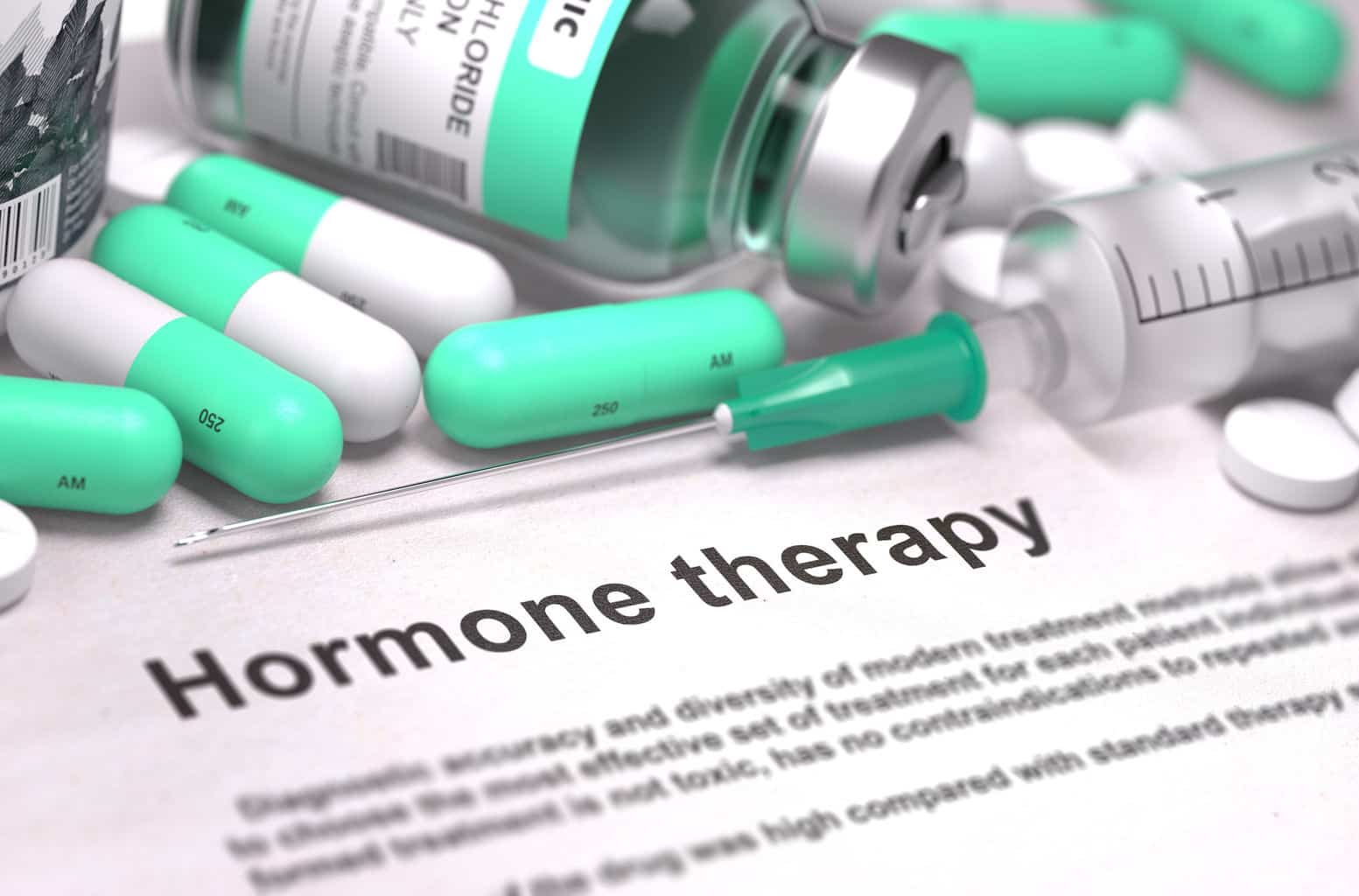
[cmamad id=”4980″ align=”center” tabid=”display-desktop” mobid=”display-desktop” stg=””]
One thing you can say about Big Pharma, they’re willing to invest.
To a chemical to get approved, it has to go through some amount of testing.
It’s a very expensive process.
But that doesn’t assure that the chemical is honestly going to be all that helpful.
In fact, the process may actually weed out promising chemicals too early.
Because of the expense of the process, Big Pharma focuses on medications that are likely to be the most profitable.
But at least when a drug goes through the review process, they have to prove that it works to some degree.
It doesn’t have to be a large impact, but it does have to have a provable effect.
But there are exceptions.
One exception is that treatments for things like prostate cancer don’t have to be proven.
They don’t have to prove it works.
And they don’t have to do any kind of trials.
But they can go ahead and prescribe any kind of treatment they want.
You’re probably shocked, but it makes sense in a way.
[cmamad id=”4981″ align=”center” tabid=”display-desktop” mobid=”display-desktop” stg=””]
This lack of testing requirement is a leftover vestige of the profession from surgery.
Yep… they can do a surgery without ever having to do any kind of study on if it will work or not.
Sure, hospitals review the cases to see how it performed.
And surgeries that are frequently deemed successful become more widespread.
But there is no testing requirement at all to see if the surgery actually provides better results than another treatment.
And non-drug cancer treatments have evolved the same way.
So today, we’re looking at a study that tears apart a very common therapy for the prostate.
It’s called androgen deprivation therapy or ADT — sometimes it’s called hormone therapy for prostate cancer.
This is a prostate hormone treatment that blocks testosterone and basically neuters a man to keep the tumor from growing.

This is a pretty drastic therapy for a man.
So you would think that this kind of treatment would have a great deal of evidence to prove it works — or men wouldn’t accept it.
But you’d be completely wrong.
There is absolutely NO evidence to back this therapy up.
This study finally looks at androgen deprivation therapy.
Researchers took 3200 patients who had had their prostates removed.
And they took 1600 patients had other treatments such as burning, cold treatment, or radiation.
Of these 5000 men, about 1000 (some from each group) were given androgen deprivation therapy.
The claim is that
Androgens stimulate prostate cancer cells to grow.
But is this true?
Like I said earlier, they don’t have to meet any kind of standard, let alone the standard that Big Pharma has to meet.
They don’t have to prove that it works at some level.
So does it work?
It certainly caused terrible side effects, such as impotence.
And we know that in the long run if a man can’t have an erection, he will get penile fibrosis.
And his days of having any kind of sex may be over.
But if it works, it could be worth it.
We have to know if it works, or if it doesn’t.
So let’s look at the results.
The patients from the study used the hormone therapy anywhere from one to 32 months.
About half of the men received the therapy more than four months — the rest received it less.
And the results weren’t great.
There were over 200% more cardiovascular deaths in the people getting hormone therapy than not.
Let’s say that again…
200% MORE deaths from things such as heart attacks for those who had the androgen deprivation therapy.
And among men 65 or older who had had their prostates removed, 5.5% died within just five years from cardiovascular causes.
Compare that number to those who did NOT have the hormone therapy — only 2% died.
The use of hormone therapy appears to be associated with an increased risk of death from cardiovascular causes in patients undergoing radical prostatectomy for localized prostate cancer.
But what about all-cause mortality?
Perhaps hormone therapy lets men live longer, so they don’t die of any cause.
Otherwise, why do it, right?
But they found that there was really NO extension of life from hormone therapy.
It didn’t increase or decrease all-cause mortality.
It had no real effect other than raising the likelihood of dying from a heart attack.
To sum up… that means that ADT has no benefit and lots of side effects.
There is just no logic at all to why they continue to use this therapy to treat prostate cancer.
In the future, very soon, I’m going to review some other prostate treatments that have literally no evidence behind them.
Some of these treatments will have evidence showing that they are actually really bad.
Yet they’re all still being used.
But in this case, if I was a man who had my prostate removed I would not go for the hormone therapy.
It’s a really bad bet.
Finally, a study says so.
But they been doing it for a long time.
And since they don’t need studies, they can keep doing it if they “think” it’s the best option available.
But it isn’t best, and we know that now because it has been studied.

http://jnci.oxfordjournals.org/content/99/20/1516.long
Hormone therapy for prostate cancer
http://www.cancer.org/cancer/prostatecancer/detailedguide/prostate-cancer-treating-hormone-therapy

Leave a Reply